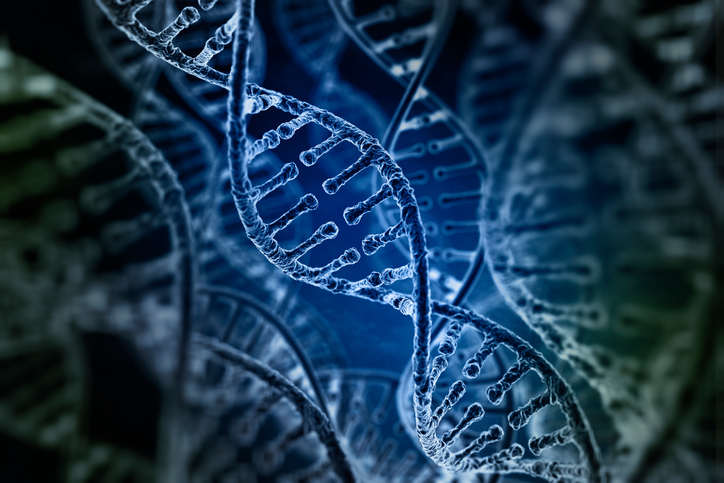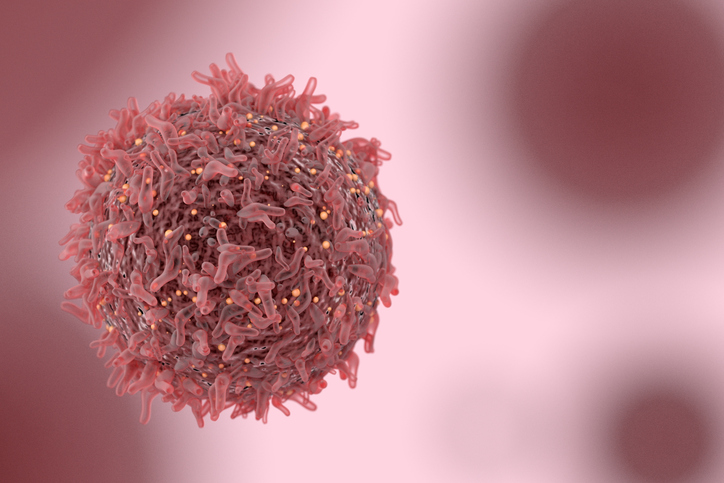
Astellas’ Audentes Therapeutics discloses third patient death in gene therapy trial
The clinical trial had already been placed on hold in connection with the two prior patient deaths, which were linked to the higher dose of 300 trillion viral vectors per kilogram, while no deaths have been reported among those receiving the lower dose of 100 trillion vectors.










